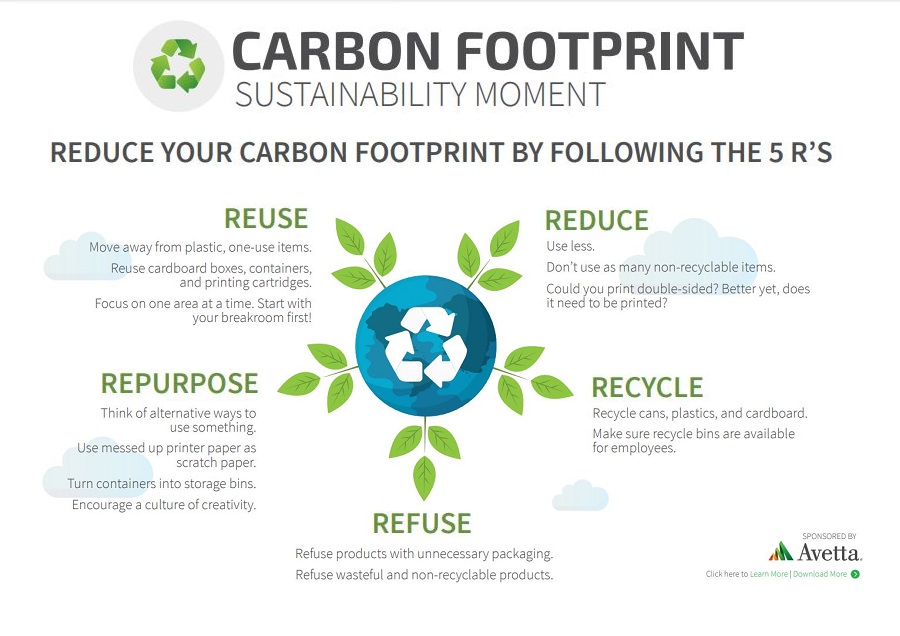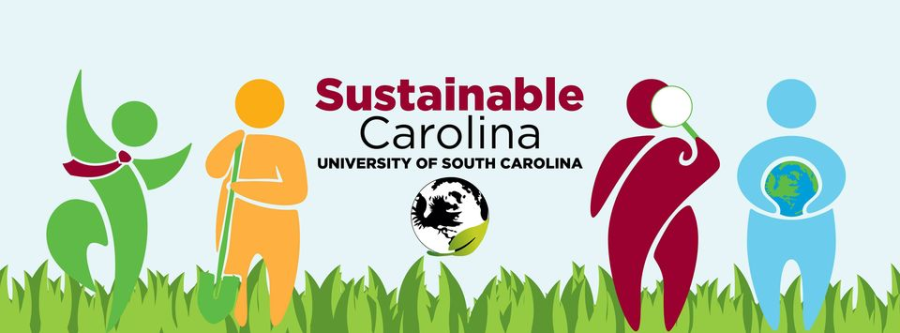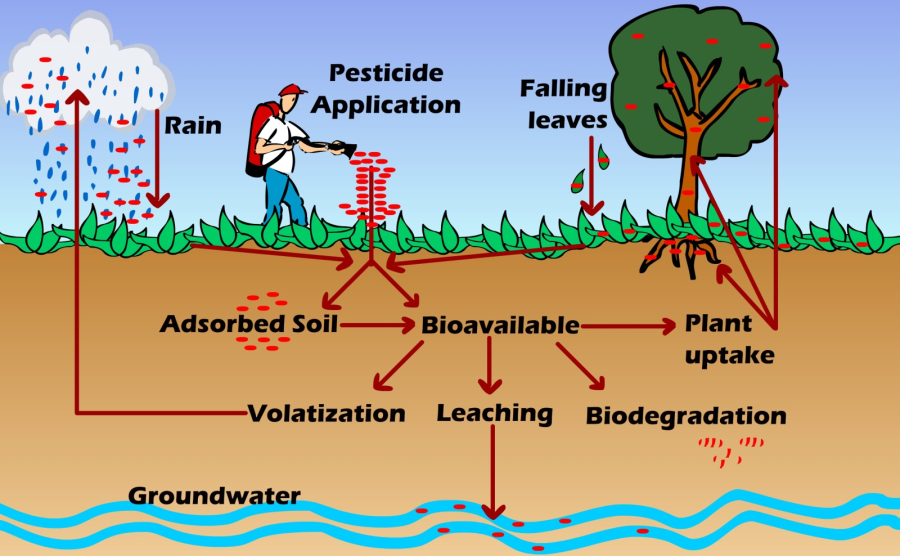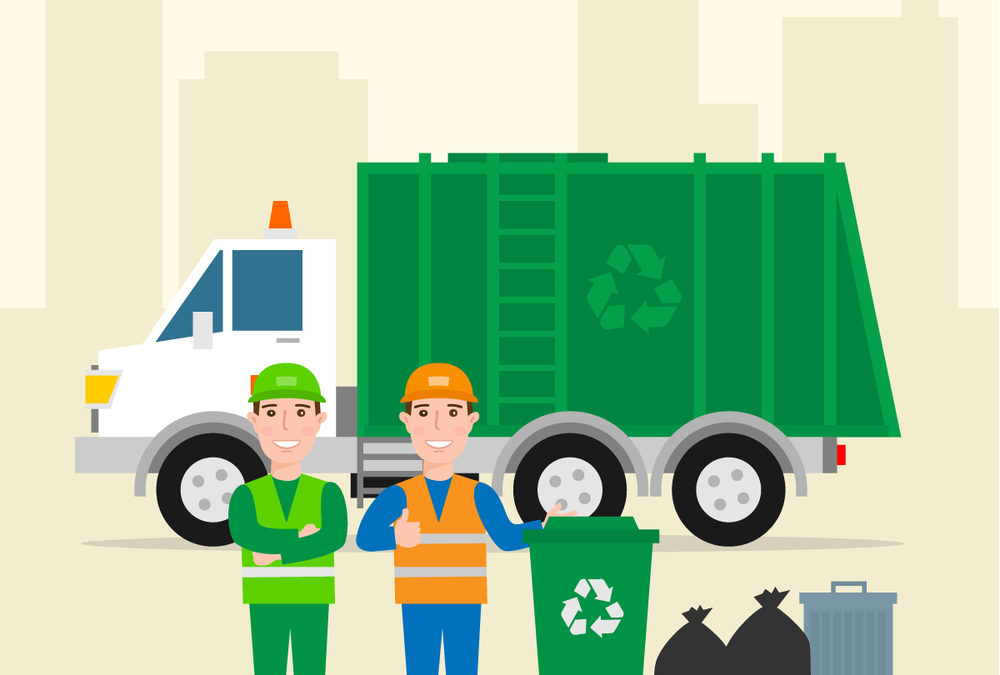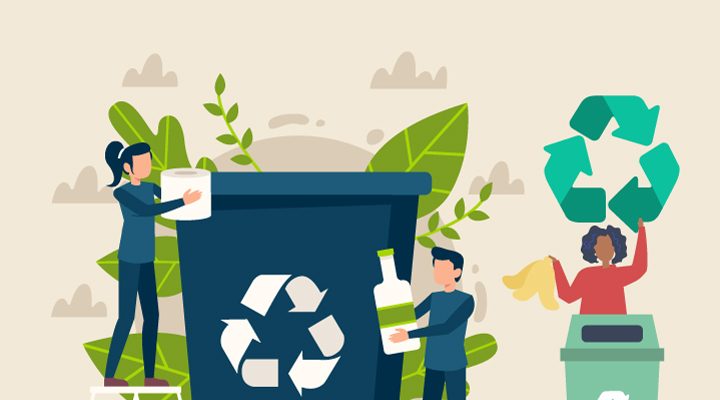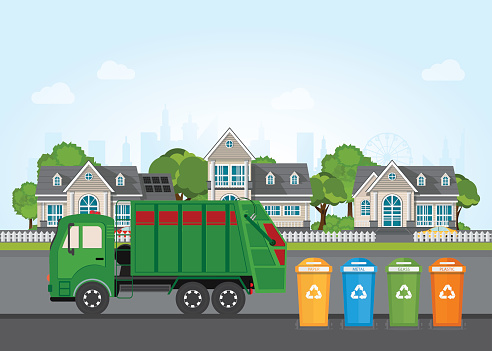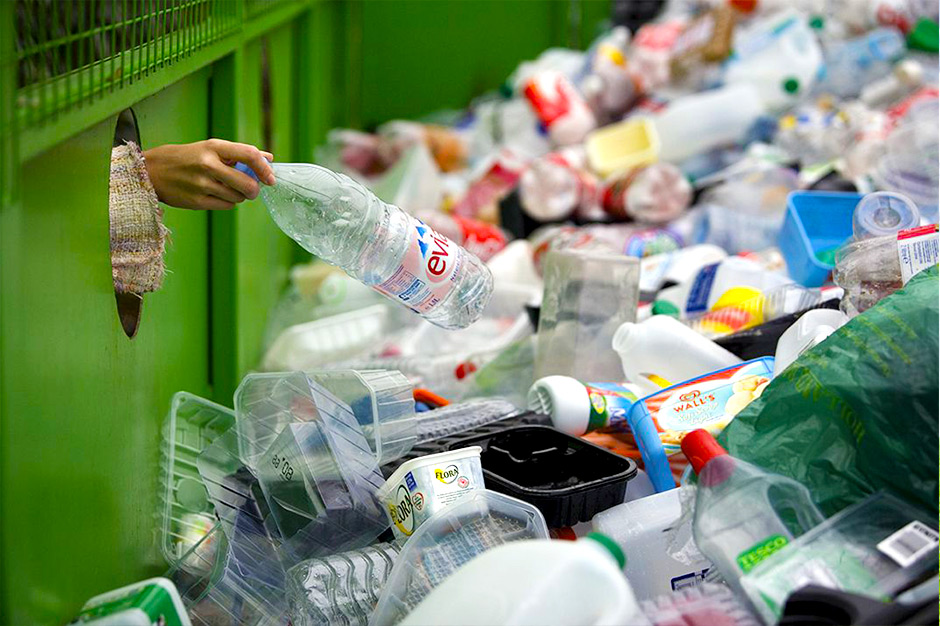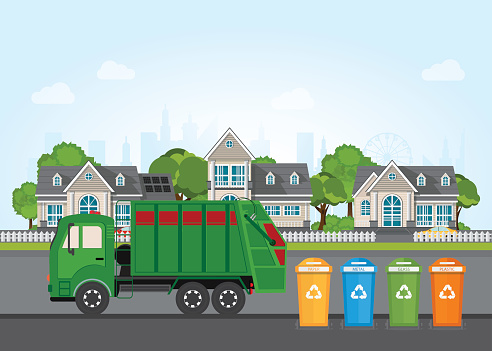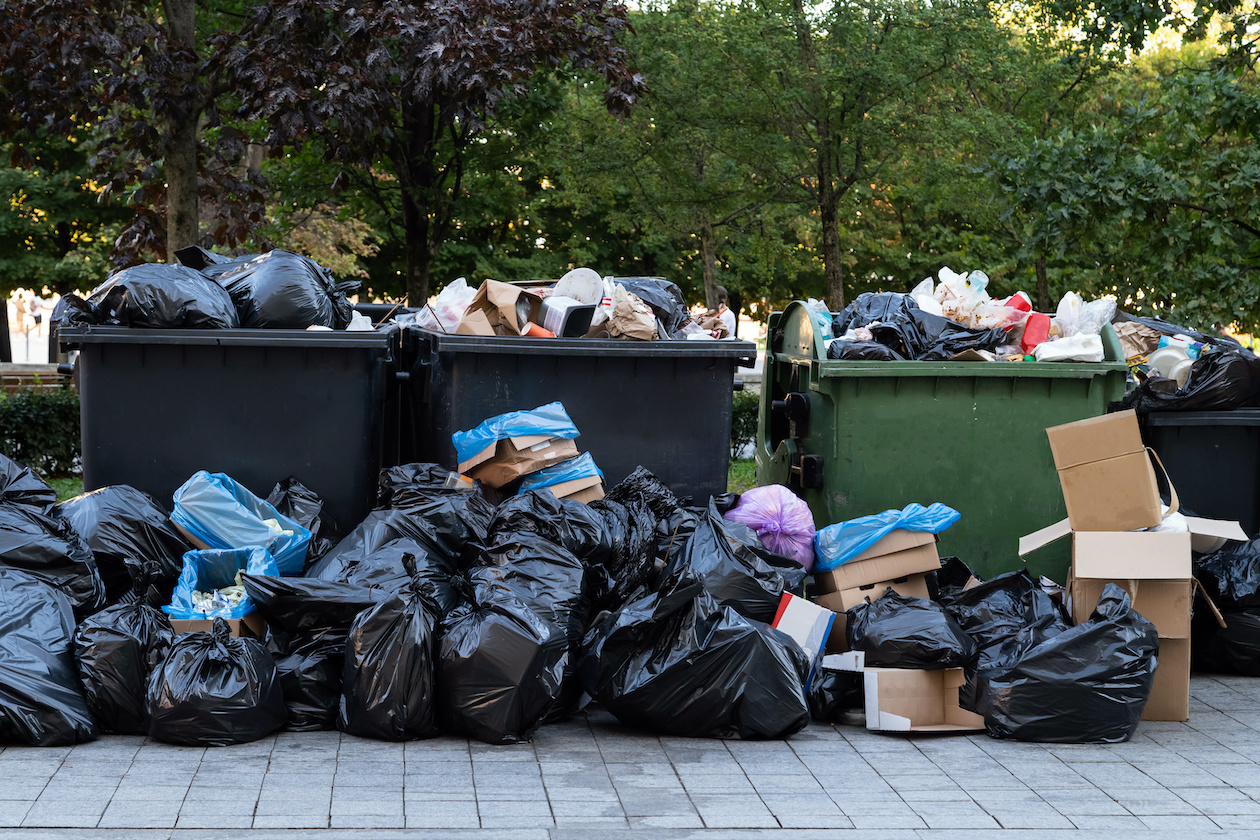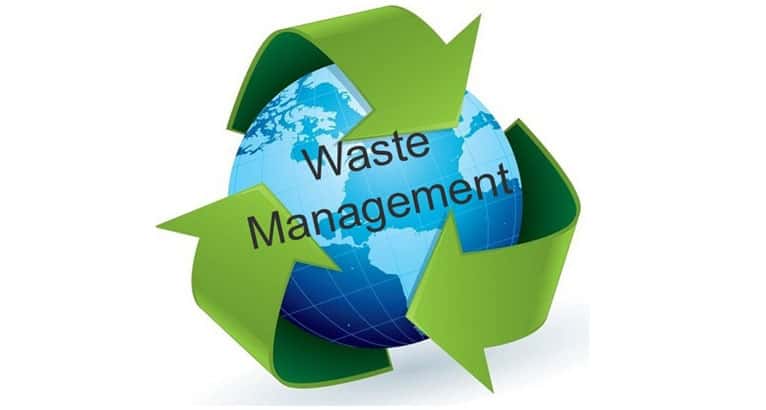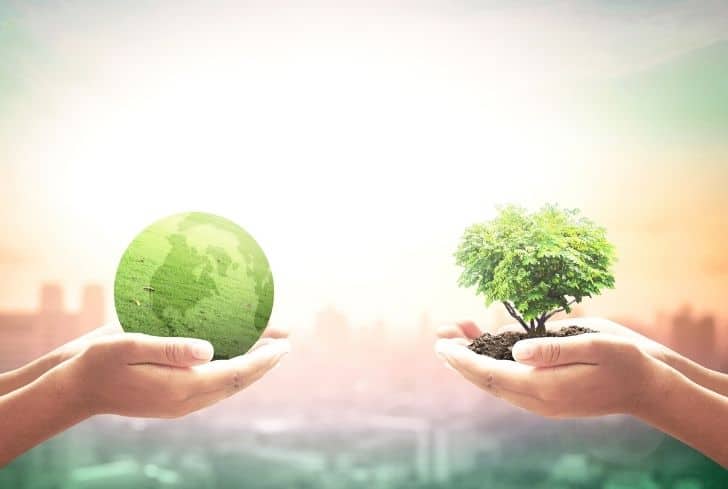Sustainability in SC
South Carolina faces a range of sustainability issues that require attention and proactive measures to promote environmental stewardship and long-term resilience. Here are eight paragraphs discussing some of these sustainability challenges:
Coastal erosion and sea-level rise pose significant sustainability challenges in South Carolina. The state’s extensive coastline is vulnerable to erosion and the impacts of climate change, leading to the loss of valuable habitats, increased flooding risks, and threats to coastal communities. Addressing these challenges requires coastal management strategies that incorporate measures such as beach renourishment, dune restoration, and the development of sustainable coastal infrastructure.
Water scarcity and quality are pressing concerns in South Carolina, particularly in times of drought. The state’s growing population, combined with agricultural and industrial demands, places stress on water resources. Sustainable water management practices, including water conservation, watershed protection, and responsible agricultural practices, are essential to ensure long-term water security and preserve the ecological health of rivers, lakes, and aquifers.
Sustainable energy transition is an important issue in South Carolina. While the state has made progress in expanding renewable energy sources, such as solar power, there is still a heavy reliance on fossil fuels. Transitioning to cleaner and more sustainable energy sources can reduce greenhouse gas emissions, improve air quality, and promote economic growth through the development of renewable energy industries.
Biodiversity conservation is a key sustainability concern in South Carolina. The state is home to diverse ecosystems, including forests, wetlands, and coastal habitats, which support a wide range of plant and animal species. However, urbanization, habitat loss, invasive species, and climate change pose threats to biodiversity. Protecting and restoring habitats, implementing conservation strategies, and promoting sustainable land use practices are crucial for preserving South Carolina’s rich natural heritage.
Sustainable agriculture and food systems are integral to ensuring food security, protecting natural resources, and supporting local economies in South Carolina. Encouraging sustainable farming practices, promoting local food production and distribution networks, and reducing food waste can enhance agricultural sustainability, strengthen rural communities, and improve access to healthy, locally sourced food.
Waste management and recycling present ongoing sustainability challenges in South Carolina. Proper waste disposal and recycling practices can help reduce landfill waste, conserve resources, and minimize pollution. Strengthening waste management infrastructure, promoting recycling education, and implementing policies that incentivize recycling and waste reduction are essential for achieving sustainable waste management goals.
Transportation plays a significant role in South Carolina’s sustainability efforts. The state’s reliance on private vehicles contributes to traffic congestion, air pollution, and carbon emissions. Expanding public transportation options, promoting electric and hybrid vehicles, and investing in bike-friendly infrastructure can encourage sustainable transportation choices and reduce the environmental impact of the state’s transportation sector.
Education and awareness are fundamental to addressing sustainability challenges in South Carolina. Promoting environmental literacy, sustainability education, and community engagement can empower individuals and communities to adopt sustainable practices, support policy changes, and contribute to the state’s overall sustainability goals.
By addressing these sustainability issues through collaborative efforts between government, businesses, communities, and individuals, South Carolina can work towards a more sustainable future that balances environmental protection, economic prosperity, and social well-being.
Junk disposal services in Rock Hill, SC
Rock Hill, South Carolina, offers various junk disposal services to cater to the needs of residents and businesses in the area. Here are eight paragraphs describing the junk disposal services available in Rock Hill:
Waste Management Companies: Rock Hill is served by several waste management companies that provide comprehensive junk disposal services. These companies offer scheduled curbside pickup for household waste, including general trash, recyclables, and yard waste. Residents can subscribe to these services and receive designated bins or bags for efficient waste disposal.
Bulk Item Pickup: Many waste management companies in Rock Hill offer bulk item pickup services. This service allows residents to dispose of large and bulky items that cannot be accommodated in regular trash bins. Examples of items eligible for bulk item pickup include furniture, appliances, mattresses, and electronics. Residents can contact their waste management provider to schedule a pickup and receive specific instructions.
Construction Debris Removal: Construction and renovation projects in Rock Hill generate substantial amounts of debris. To address this, several junk removal services specialize in construction debris removal. These companies have the equipment and expertise to efficiently handle and dispose of construction waste, such as concrete, wood, drywall, and other materials.
Dumpster Rental Services: According to https://rockhilldumpsterrental.com/, dumpster rental services are available in Rock Hill for both residential and commercial purposes. These services provide temporary dumpsters of various sizes to accommodate different disposal needs. Whether for a home renovation, construction site, or special event, residents and businesses can rent a dumpster and have it delivered and picked up at their convenience.
Hazardous Waste Disposal: Proper disposal of hazardous waste is crucial for the safety and well-being of the community. Rock Hill has designated drop-off locations and collection events for the safe disposal of hazardous materials, including chemicals, paints, pesticides, and electronics. Residents can consult the city’s website or contact local waste management companies to obtain information on hazardous waste disposal options.
Recycling Centers: Rock Hill is committed to promoting recycling and has established recycling centers throughout the city. These centers accept various recyclable materials, including paper, cardboard, plastics, glass, and aluminum. Residents can conveniently drop off their recyclables at these centers, ensuring that these materials are diverted from landfills and properly processed for recycling.
Donation Centers: In addition to traditional junk disposal services, Rock Hill has several donation centers where residents can give away items that are in good condition but no longer needed. These centers accept clothing, furniture, appliances, and other gently used items. Donating unwanted items to these centers helps reduce waste and provides resources for charitable organizations in the community.
Special Collection Events: Rock Hill occasionally hosts special collection events to help residents dispose of specific items properly. These events may include electronics recycling, household hazardous waste collection, or document shredding. By organizing these events, Rock Hill ensures that residents have convenient opportunities to dispose of items that require special handling.
Overall, Rock Hill provides a range of junk disposal services to meet the diverse needs of its residents and businesses. From regular curbside pickup to specialized services for bulk items, construction debris, and hazardous waste, the city emphasizes proper waste management and recycling to maintain a clean and sustainable environment.


